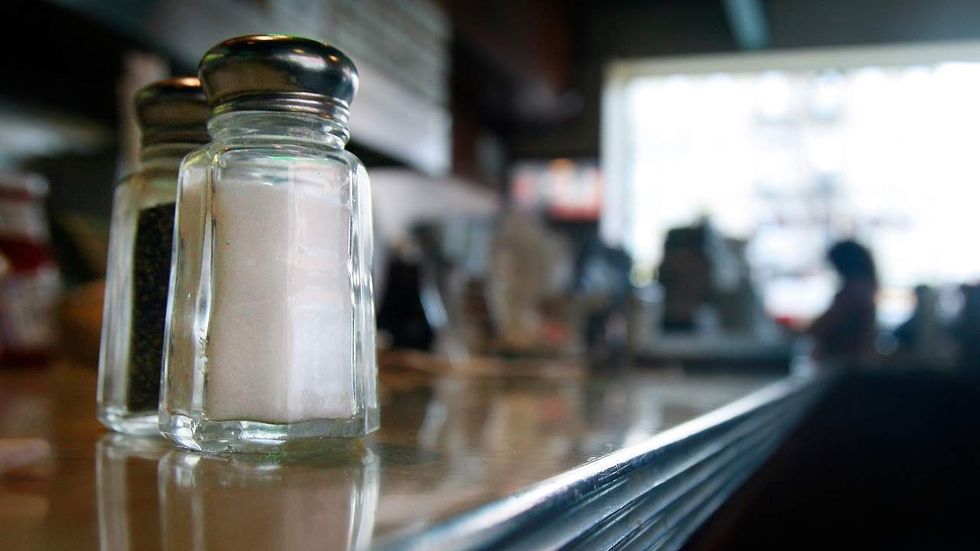
(Photo by Mario Tama/Getty Images)

A new study conducted by researchers at the Boston University School of Medicine released their findings in regard to daily sodium intake and found zero evidence “that a diet lower in sodium had any long-term beneficial effects on blood pressure.”
What’s even more surprising is that the researchers discovered high blood pressure in individuals with lower sodium intake (less than 2,500 mg per day) compared to those who consumed more.
This adds to years of mounting evidence supported by scientific research which suggests that salt isn’t as bad for Americans as the government is suggesting.
“Our findings add to growing evidence that current recommendations for sodium intake may be misguided,” said lead researcher Lynn Moore. This debunks what the Food and Drug Administration (FDA) and the Centers for Disease Control and Prevention (CDC) have been advising for years: that Americans should consume less sodium.
The newest FDA guidelines suggest Americans should cut back sodium from a government recommended 3,400 mg daily to 2,300 mg daily (a teaspoon).
This morning on “Pat & Stu,” the guys discussed the findings.
To see more from Pat & Stu, visit their channel on TheBlaze and listen live to “Pat & Stu” with Pat Gray, Stu Burguiere and Jeffy Fisher weekdays 5–7 p.m. ET, only on TheBlaze Radio Network.
BlazeTV Staff